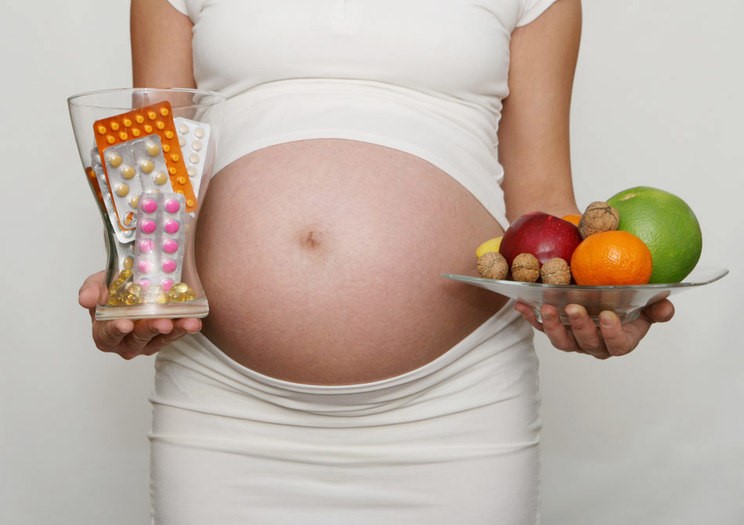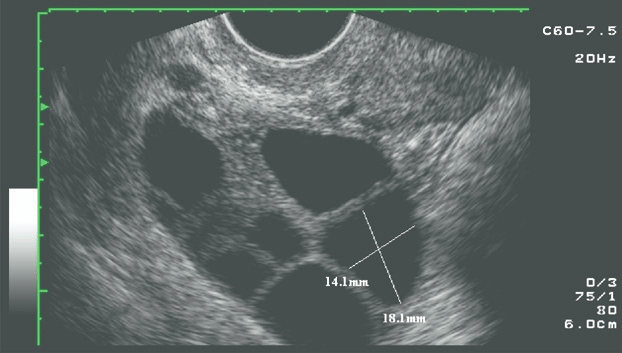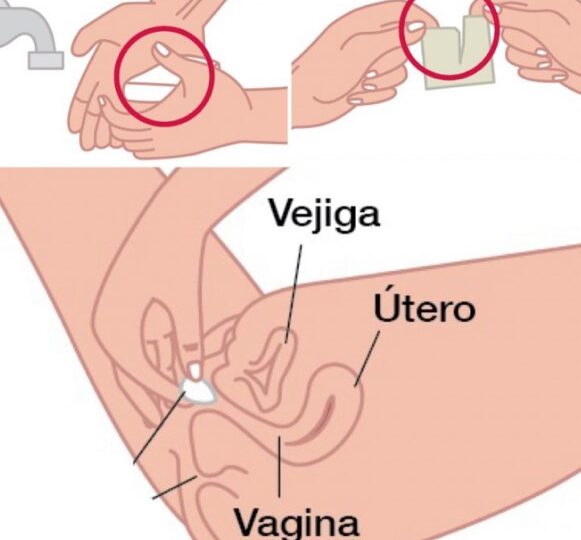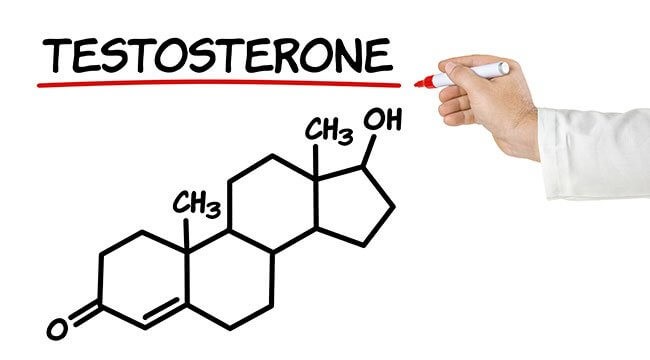
Vitamin B9 or Folic Acid is involved in the proper development of the neural tube, and in the synthesis of DNA and RNA, places of genetic information in cells, helping the body to constantly produce new and healthy cells.
Taking folic acid during pregnancy helps to reduce especially malformations of the nervous system, such as anencephaly (total or partial lack of brain structures) and spina bifida (open spine), cleft lip, as well as to favor the formation of red blood cells, and decrease premature births and miscarriages.
Some foods rich in folates (precursors of folic acid) such as green leafy vegetables, legumes or oranges, are only 50% absorbed, and in some cases can be destroyed by cooking. Other folic acid enriched preparations, such as flour, rice, pasta and bread are 85% absorbed while folic acid vitamin preparations are 100% absorbed.
The nervous system is formed during the first month of pregnancy, so at this time it is essential to have a good level of folic acid in order to avoid malformations, therefore, it is important to have an adequate level of folic acid from the very moment of conception, thus it is recommended the intake from the moment a woman is trying to get pregnant, and then, maintain it throughout the pregnancy. When undergoing an assisted reproduction treatment, it must be taken from the beginning of a treatment, either it is insemination or in vitro fertilization.
The dose of folic acid is established at 400 mcg per day, associated with a healthy diet. Should there be a previous history of any malformation, the dose will be increased to 4 mg / day.
Iron deficiency is usually more common in the second half of pregnancy, which can cause anemia in 40% of the women. Some foods rich in iron are: eggs, liver, blood sausage, legumes, clams, mussels, sardines, beef and pork. Within a normal diet, 10-20 mg iron / day is ingested, but only 5-10% is absorbed. As the recommended iron needs are between 30 and 60 mg of elemental iron, to reach these levels it is necessary to take 300 mg of ferrous sulfate or 180 mg of ferrous fumarate or 500 mg of ferrous gluconate.
Iodine is the most important vitamin for the production thyroxine, that is the thyroid hormone. In the first trimester of pregnancy, the fetus’ thyroid is not yet developed, and therefore the pregnant woman must produce sufficient thyroid hormones to meet her own needs, and the fetus’. These hormones are essential for the development of the nervous system.
It is advised to increase the iodine intake, using iodized salt and adding a supplement of 200 mcg / day, starting it before conception, in the same way as it is done with folic acid. It should be maintained throughout pregnancy and lactation. Foods rich in iodine: fish, shellfish, dairy, fruits and vegetables.
A daily intake of AG polyunsaturated omega-3 (DHA) of 200 mg is advised as well, being the following the richest foods: nuts, blue fish, seafood, avocado, green leafy vegetables and olive oil.
Calcium is only recommended routinely in risk groups. The diet must include at least 3 units of foods rich in calcium, knowing that one unit is equivalent to one of these foods: a glass of milk, a yogurt, a flan, a curd or a slice of cheese.
Although there is no evidence of the benefit of multivitamin and mineral supplements, there are some preparations on the market that include adequate doses of folic acid, vitamin B12, iron and iodine, and small amounts of other micronutrients that meet the needs of the most population of pregnant women.
CONCLUSIONS:
Folic Acid and Iodine are the most important compounds to implement early, either when a woman tries to become pregnant naturally, or at the beginning of an Insemination or In vitro Fertilization (IVF / ICSI).
Iron is recommended during the second half of pregnancy
And as for calcium, a good diet would be enough, without the need for external input.
We look forward to your questions at https://www.centromedicomanzanera.com/en/formulario_en/
Gregorio Manzanera
Specialist in gynaecology and obstetrics, infertility and assisted reproduction
IMAGE: https://www.embarazosano.es/vitaminas-embarazo/
#assistedreproduction
#fertilitytreatment
#eggdonation
#IVF
#ICSI
#ivficsi
#artificialinsemination
#manzaneraclinic
#vitamins
#pregnancy




